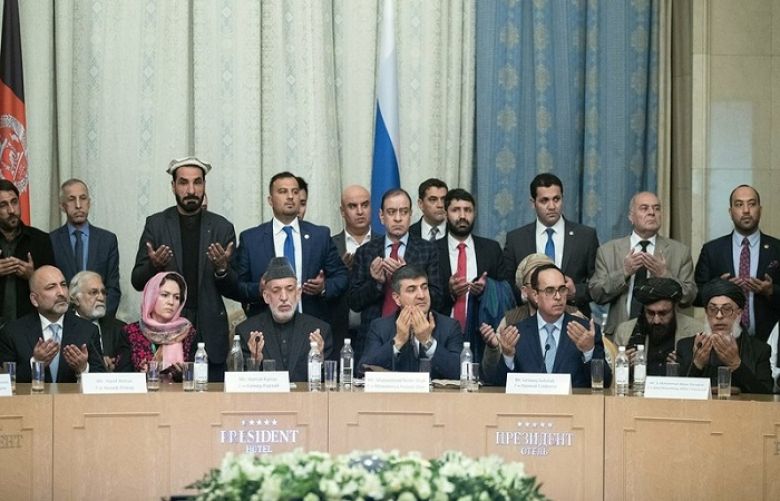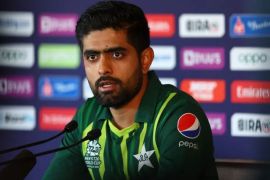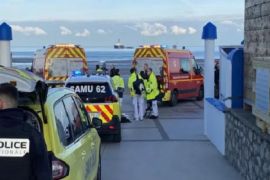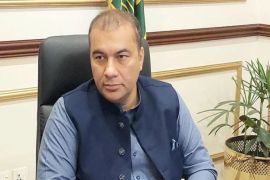United States envoy Zalmay Khalilzad on Monday thanked Pakistan for facilitating the travel of Taliban leaders to Qatar, where the group's senior leaders will hold another round of peace talks starting today as Washington intensifies efforts to find a negotiated solution to Afghanistan’s 17-year war, it's longest.
Khalilzad's tweet appreciating Pakistan's help in this "significant moment" comes as he wraps up lunch with Taliban co-founder Mullah Abdul Ghani Baradar and his team after their first meeting.
Just finished a working lunch with Mullah Beradar and his team. First time we’ve met. Now moving on to talks.
— U.S. Special Representative Zalmay Khalilzad (@US4AfghanPeace) February 25, 2019
The Taliban, some of whom arrived in Doha from Pakistan the previous night, raised expectations ahead of talks with Khalilzad. Taliban spokesperson Zabiullah Mujahid told The Associated Press, "Yes, there is a possibility we will reach some results."
Past rounds have focused on US withdrawal of troops, which has been a standing Taliban demand, and guarantees that Afghanistan will not be used again as a staging area for terror attacks on the US.
Khalilzad is expected to pressure the Taliban to hold direct talks with the government in Kabul, something the insurgents have so far refused to do.
Mullah Baradar, who is leading the Taliban delegation, was released last year from a Pakistani jail where he had languished since his arrest in a joint operation between the Pakistani government and the Central Intelligence Agency in 2010.
Baradar’s presence in Doha and his lead role in the talks with Khalilzad is considered significant because of his stature within the Taliban movement. Following his release, he had circulated a Pashto audio tape promising Taliban fighters he would have a greater presence within the movement.
The Taliban, who had harboured Al Qaeda and its leader Osama bin Laden, ruled Afghanistan before US forces invaded in October 2001 following the 9/11 terrorist attack. The Taliban today have re-surged, carrying out deadly near-daily attacks on Afghan army and police forces and holding sway over almost half the country. They view the US ─ backed government in Kabul as a Western puppet and have refused repeated offers to negotiate with it.
However, former Afghan President Hamid Karzai recently told AP that the Taliban would talk with Afghan government officials on condition they are part of a larger group of prominent Afghan figures meeting with the Taliban — similar to the gathering held earlier this month in Moscow. Karzai had attended the meeting in Russia, as did Afghan opposition figures, but no one from the Kabul government was there.
Since his appointment as Washington’s peace envoy, Khalilzad has crisscrossed the region, meeting the Taliban on several occasions, as well as differing powerbrokers in Kabul, including Afghan President Ashraf Ghani.
He has also been to Pakistan, India, Russia and China and held meetings with Nato and European Union officials. Last week, he was in Turkey for talks with government officials as well as Zamir Kabulov, Russia’s envoy to Afghanistan.
Ghani has also called a Loya Jirga, a traditional gathering of political and tribal leaders, for next month to draw up the government’s negotiating position for talks with the Taliban, though he has yet to put together a negotiating team that would have wide support of Afghan political and tribal leaders.
Khalilzad previously said he envisions an agreement reached by the warring sides as a 'roadmap' to the country’s future.
Washington’s talks with the Taliban are more about safeguarding America’s national interests and security and Khalilzad has said that Afghan negotiators have to fight for their vision of a future Afghanistan at the negotiating table with the Taliban.







